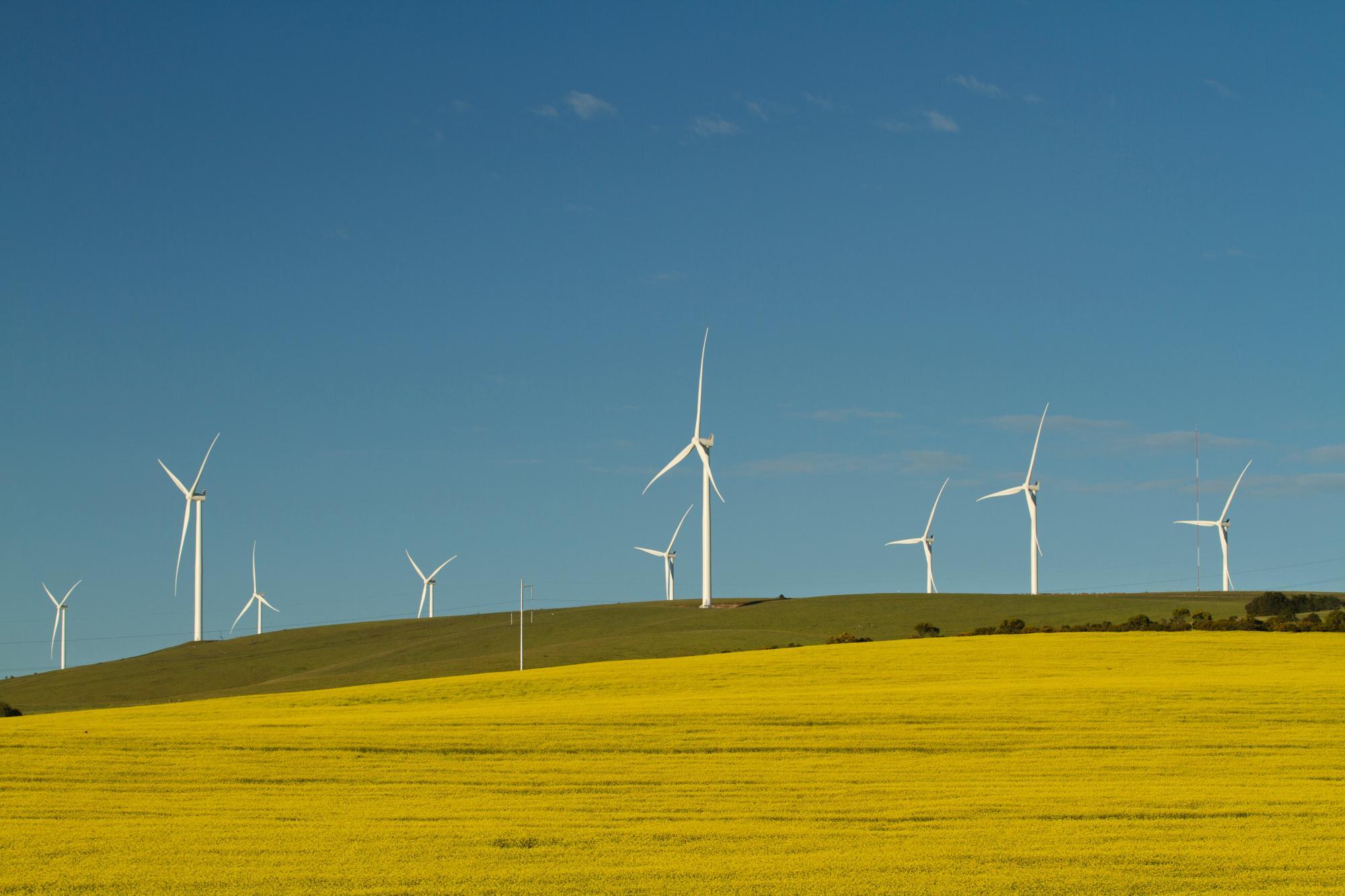European Union and France finance rehabilitation of old and historic centres

The Tunisian Ministry of Equipment, Housing and Infrastructure and the Ministry of Local Affairs and Environment have published a call for expressions of interest to select the municipalities that will benefit from the historic centre regeneration programme (PRCA). To mark the occasion, the European Investment Bank (EIB) and Agence française de développement (AFD) have reaffirmed their commitment to support and assist local authorities working to protect and preserve their historic urban heritage.
Between them, AFD and the EIB will provide €12 million (TND 39 million) of financing to the PRCA programme in equal contributions. The objective of the programme is to revive historic centres (neighbourhoods dating back to the 19th and 20th centuries and earlier) and medinas, while preserving their economic, historical and social characteristics in an integrated manner. This will involve renovation work, in particular on roads, water and sewerage systems and public lighting, which will improve the local environment and living conditions for residents. Measures will also be taken to restore the role of these neighbourhoods as attractive business centres, driving growth and employment.
The PRCA is a particularly innovative programme in terms of governance and is directly linked to the ongoing decentralisation process in Tunisia. The municipalities will thus be at the forefront of the PRCA, leading a broader discussion on how to integrate their historic centres into the local urban, economic and social fabric, and managing an urban regeneration project developed jointly with members of civil society, in close collaboration and with the support of institutional partners.
Jean-Luc Revéreault, Head of the EIB Representation to Tunisia, said:“The EIB is proud to be supporting local authorities faced with the urgent need of reviving their old and historic centres in a sustainable manner. This call for expressions of interest is an important step in the programme’s implementation and I hope that many municipalities will be able to apply. By renovating and rehabilitating these neighbourhoods, we will increase their economic attractiveness while improving the day-to-day lives of Tunisians.”
The Director of AFD’s Tunis Office Yazid Safir said: “The old centres of Tunisia are rich in heritage and history that must be protected and preserved, but they are also where many Tunisians live and work – they are business and cultural centres that shape the country’s urban identities. Slowing down and reversing depopulation, property deterioration, impoverishment and marginalisation is a top priority for Tunisia and for a partner like AFD. The call for projects aimed at municipalities is designed to promote integrated regeneration operations in historic centres, while respecting their specific characteristics and circumstances as best as possible. It is important to involve all of civil society in projects of this scale to achieve the five components of the PRCA, namely the rehabilitation of basic urban infrastructure, the improvement of public spaces, the preservation of cultural, architectural and urban heritage, the promotion and revival of economic, commercial and artisanal activities, and the improvement of housing.”
Further information on the historic centre regeneration programme is available on the programme’s website: http://prca.gov.tn/
Background information
European Investment Bank
The EIB operates in over 160 countries. In the Mediterranean region, it is committed to helping the Mediterranean partner countries achieve sustainable development and growth. The Bank has two core investment priorities in the region: to create an investment-friendly environment and to provide greater support to the private sector. It also seeks to promote dialogue between the Euro-Mediterranean partners.
Further details are available at: EIB in the region Economic Resilience Initiative
Agence Française de Développement
Agence Française de Développement (AFD) Group implements France’s policy on development and international solidarity.
Comprised of AFD, which finances the public sector and NGOs; Proparco, which finances the private sector; and soon, Expertise France for technical cooperation, the Group finances, supports and accelerates transitions towards a more resilient and sustainable world.
We are building – with our partners – shared solutions, with and for the people of the Global South. Our teams are active in more than 4,000 projects in the field, in the French overseas departments and some 115 countries, including areas in crisis.
We strive to protect the common good – promoting peace, biodiversity and a stable climate, as well as gender equality, health and education. It’s our way of contributing to the commitment that France and the French people have made to fulfill the Sustainable Development Goals. Towards a world in common.
Further details are available at: www.afd.fr


